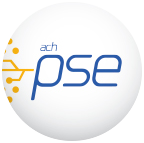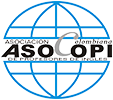PRE- CONGRESS WORKSHOPS
Pre-Conference Workshops
DATE: All pre-congress workshops will be held on Thursday, October 3, 2024
TIME: Pre-congress workshops will run from 9.00 am to 12:00 am
PLACE:
Universidad del Norte , Barranquilla
PLEASE REGISTER ONLY IN ONE WORKSHOP
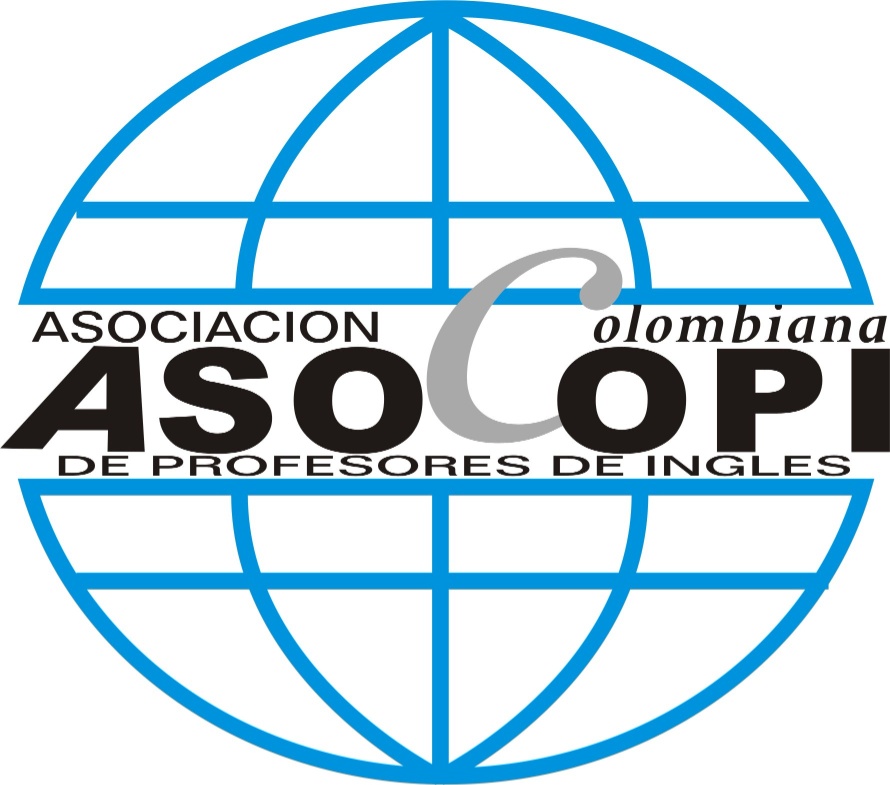
WORKSHOP #1
Facilitator
:
Sponsored by
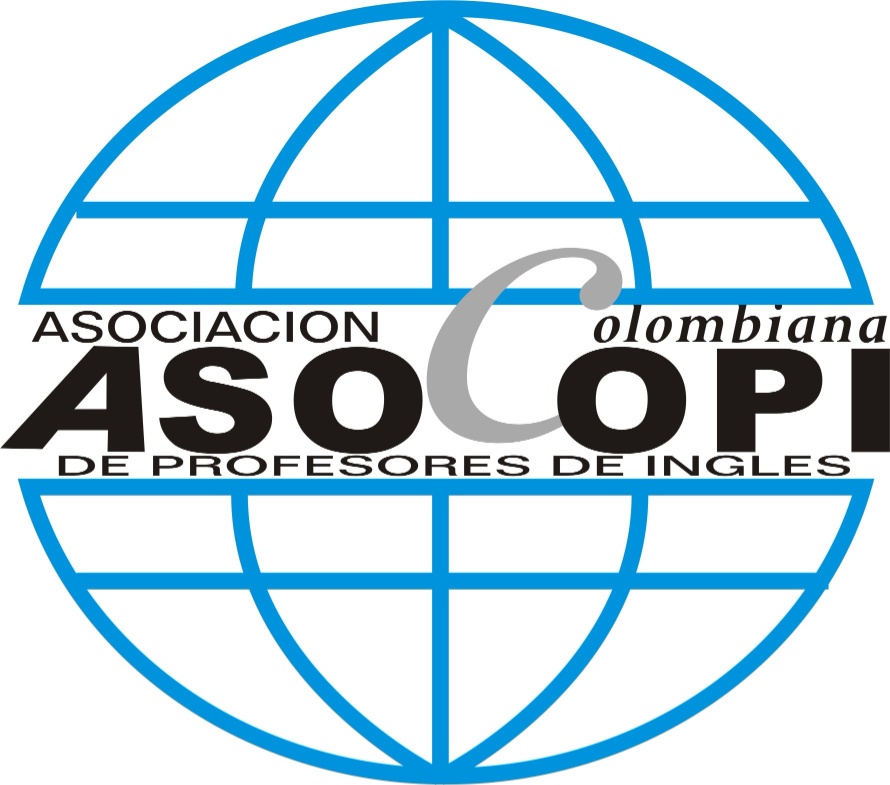
WORKSHOP #2
Facilitator:
Sponsored by
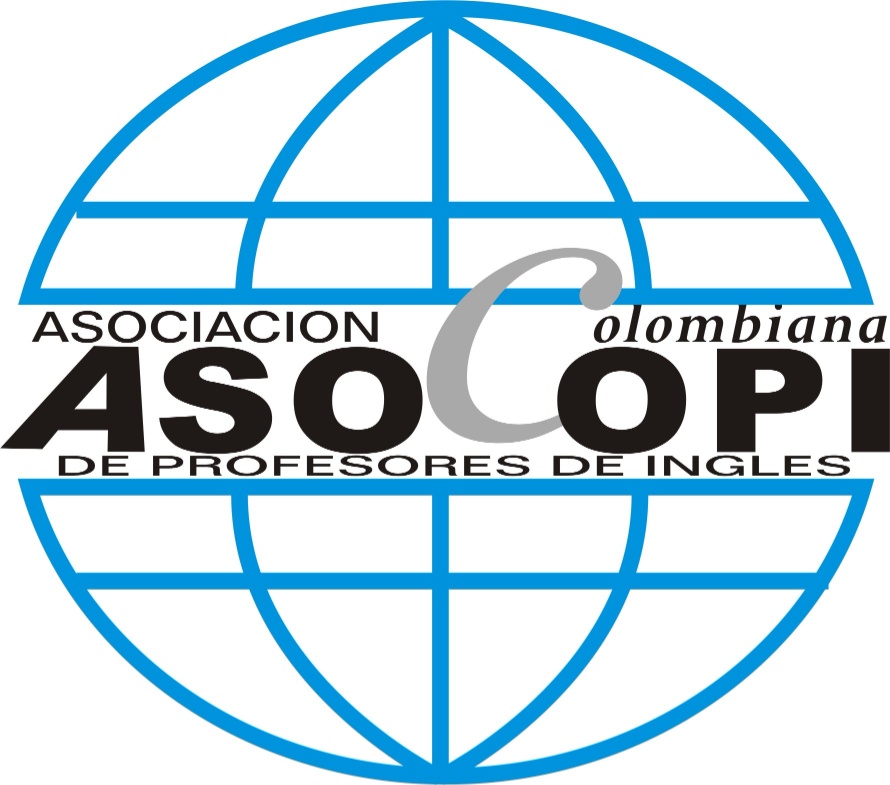
WORKSHOP #3
Facilitator: Dr.
Sponsored by


